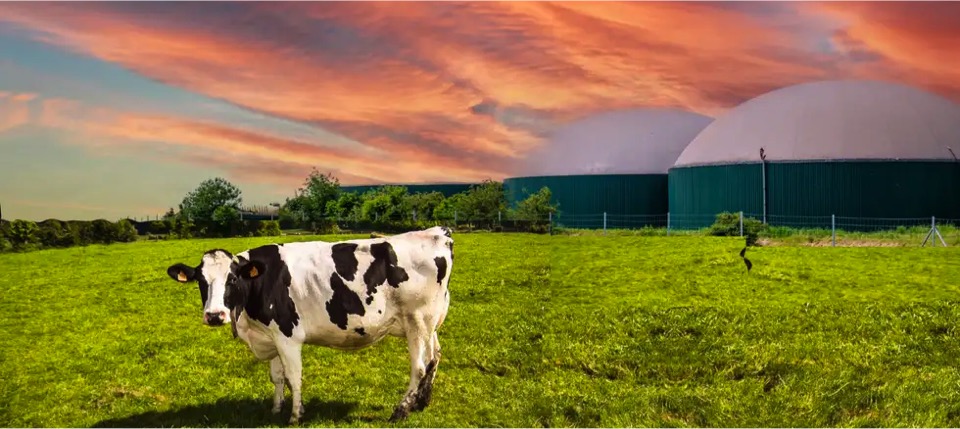In 2017, a Kolkata-based company launched extremely cheap and environment-friendly biogas-fuelled buses on the Indian streets. Five years later, such biogas-run buses were being deployed in Indore as well. Now, a Japanese space start-up has taken this a step further, by adopting a similar technology to power rockets!
Japan’s space industry opened a new chapter on Thursday with the successful test of a prototype rocket engine powered by fuel derived entirely from cow dung. The experiment saw the engine blast out a blue-and-orange flame for around 10 seconds in the rural northern town of Taiki. The liquid “biomethane” used in the test was made entirely from gas derived from cow manure collected from two local dairy farms.
The general consensus about this moo-ve is that it could benefit both space travel and agriculture. Interstellar Technologies CEO Takahiro Inagawa explained that cow dung is not only environmentally friendly but also cost-effective and delivers high performance. “We are doing this not just because it is good for the environment but because it can be produced locally, it is very cost-effective, and it is a fuel with high performance and high purity,” Inagawa told AFP.
Interstellar Technologies has teamed up with industrial gas producer firm Air Water to develop this innovative fuel. While the former worked with local farmers who have equipment on their farms to process the manure into biogas, the latter collects the biogas and turns it into rocket fuel.
Eiji Mizushita, a local farmer participating in the initiative, contributed dung from his herd of 900 cows, which produce over 40 tons (about 36,000 kilograms) daily. His farm utilised an automated system to collect, ferment, and process the manure into biogas, fertiliser, and bedding materials.
While the income generated from biogas sales was minimal, Mizushita found the project rewarding. He believes that utilising cow dung for space exploration is exciting and emphasises the importance of proper manure disposal and the need for government and societal support for renewable energy production.
This renewable source of energy helps mitigate the enormous environmental footprint of agriculture, which Greenpeace says is responsible for 14% of greenhouse gas emissions worldwide.
Meanwhile, the “Moon Sniper” mission launched by Japan’s space agency, JAXA, in September has suffered setbacks in recent years with several failed missions. But the successful test of this cow-dung-powered rocket engine now offers a promising new chapter for Japan’s space program and a potential solution for the global energy crisis.
Source : Weather Dec 8th 2023

